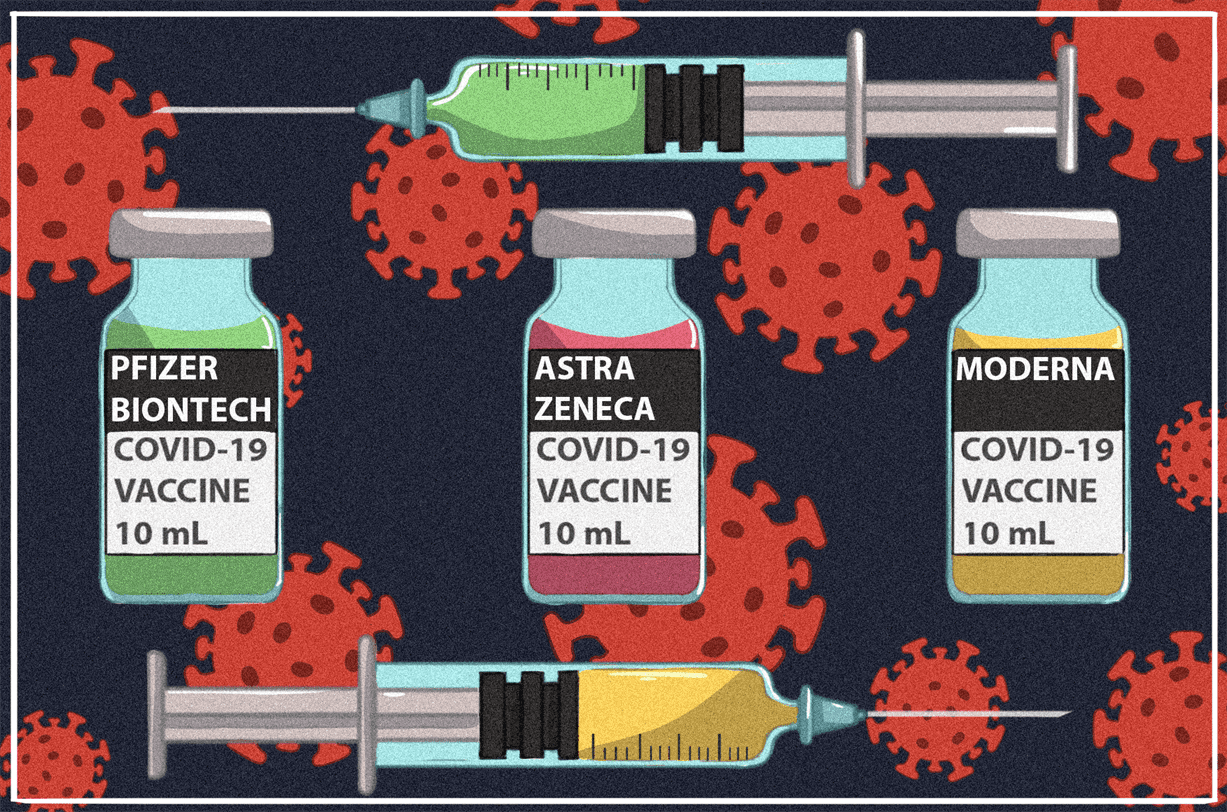During the first week of 2022, I received a call from my grandmother, who lives in Ecuador. During the conversation, she mentioned she was going to receive her coronavirus (COVID-19) booster dose the following day. I was relieved and happy that she would finally receive the third vaccine.
Days later when I got home after work, my mom, somewhat worried, told me both my grandparents were vaccinated with other vaccine brands. My grandmother, whose first two doses were Sinovac, had received her third dose of AstraZeneca. I was certainly worried, too, as I didn’t know that was possible.
My grandmother told my mom that her doctor said there was no problem, even going on to say the combination may be better for her.
The only thing my mom and I could do was wait and hope nothing would happen.
The days went by and indeed, my grandparents were doing well and had no severe symptoms, at most a bit of pain in the arm in which they received the injection.
I was relieved to hear that, but it didn’t take away my curiosity to understand how the combination of vaccines could be possible.
The strategy of mixing two doses of different vaccines is called heterologous vaccination, and this procedure is becoming common worldwide. Canada, the United Kingdom, the United States and some Latin American countries have already allowed the mixing of primary vaccines and booster doses.
For some people, receiving a booster dose of a different brand could increase protection against COVID-19, according to some studies conducted by the National Institutes of Health (NIH). Several volunteers were vaccinated and received booster doses of different vaccines, and the results show that receiving a booster vaccine different from the initial vaccine increases antibody levels.
The combination of vaccines and boosters may even be more effective than just sticking to one brand, as it can help prevent the virus from spreading more quickly between individuals.
Dr. Leana Wen, an emergency physician and professor at George Washington University, clarified more information about mixing the vaccine and boosters in an interview.
“Under almost all circumstances, we should say that the Pfizer and Moderna vaccines are generally interchangeable,” Wen said.
Wen explained the switch of vaccines should be done in case of an emergency, such as with individuals who had a severe allergy to the first injection or a previous case of myocarditis, which is inflammation of the heart muscle.
“The same brand sounds just fine,” Wen said. “If the only thing available in your area is Moderna but you got Pfizer the first time, switching to the other mRNA vaccine is also OK.”
Mixing vaccines can be beneficial in more ways than one. The availability of various vaccines may be limited in some areas. Several times I have seen pharmacies near where I live with large signs advertising “COVID VACCINES NOW AVAILABLE! (MODERNA ONLY).” But this flexibility allows people to have more booster dose options and helps more people receive their vaccines on time.
My grandmother’s situation was outside of the United States, and there are thousands of people around the world like her who choose or must be vaccinated with a different brand of vaccine from their first dose. The comments and different opinions that exist around this topic can cause hesitation, confusion and fear for one’s health. Although vaccination plans in the United States are moving forward with this new finding, many people are unsure about the safety of the discovery.
Medicine has been advancing rapidly during the last few years. There is still a long way to go to achieve absolute immunization in the world. This new strategy could be beneficial for the general population as there seems to be many advantages to this method. Several countries are already allowing heterologous COVID-19 boosters, and it’s working.
This is undoubtedly a sensitive issue, so before making any decision, it never hurts to ask a health expert to give you another point of view on the combination of vaccines.



